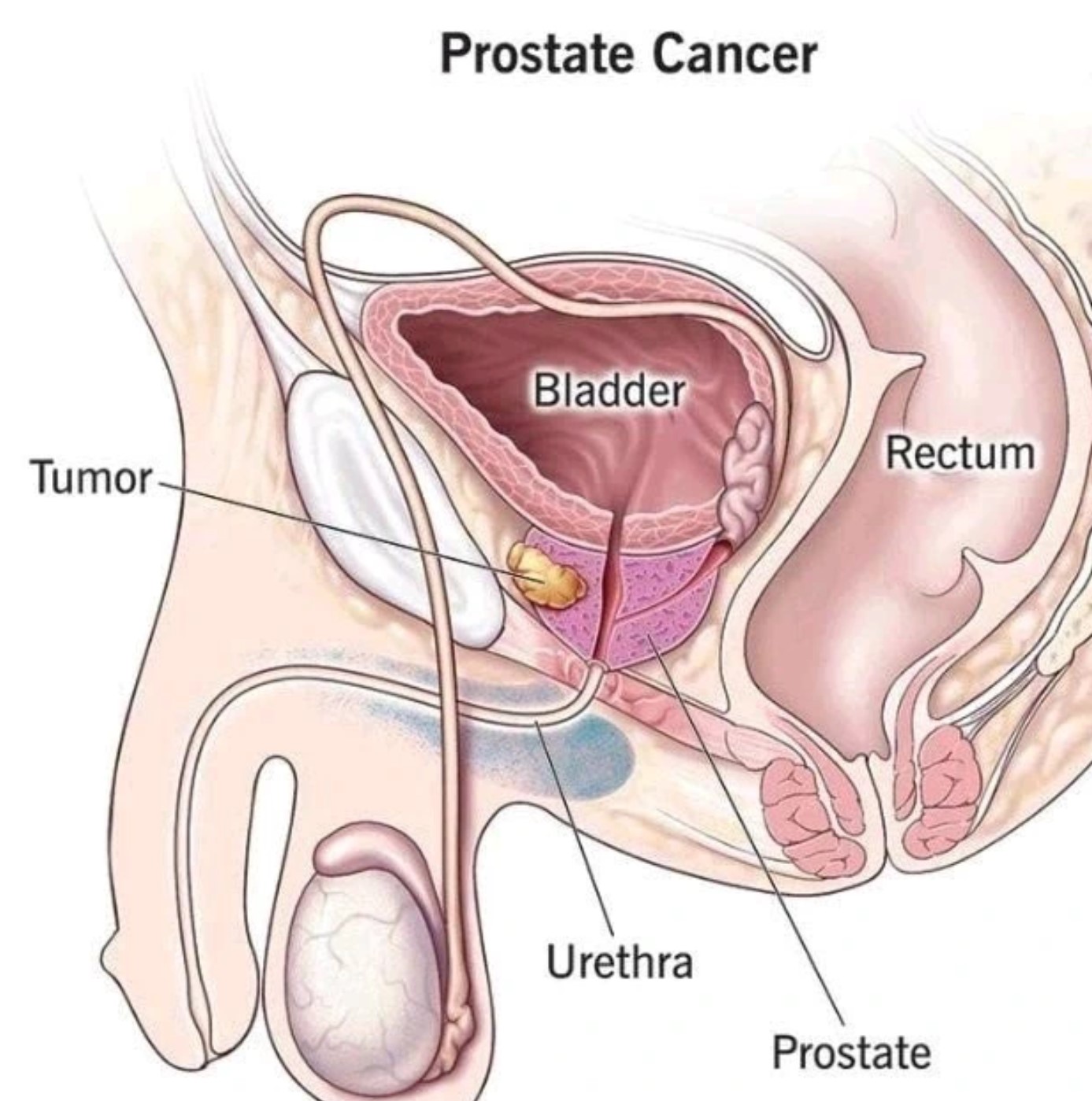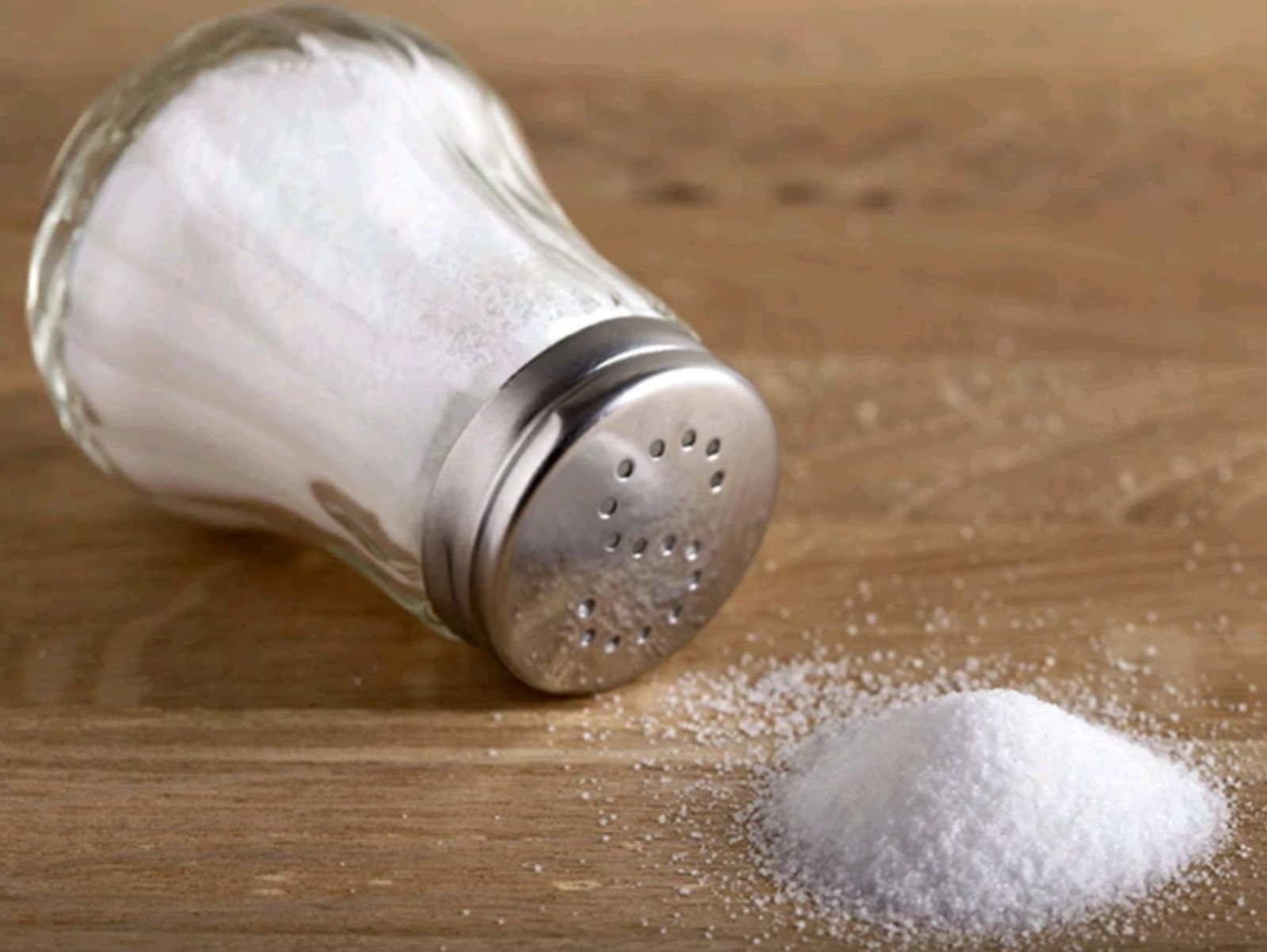Prostate enlargement, also known as benign prostatic hyperplasia (BPH), is a common condition that affects many men as they age. The prostate is a small gland located below the bladder, and its enlargement can lead to uncomfortable urinary symptoms, including difficulty starting urination, a weak urine stream, frequent urination, and a feeling of incomplete bladder emptying. While BPH is not cancerous, it can significantly affect a man’s quality of life. Therefore, taking proactive steps to reduce the risk of prostate enlargement is crucial for maintaining overall health and well-being…Click Here To Continue Reading>> …Click Here To Continue Reading>>
1. Healthy Diet
One of the most effective strategies for reducing the risk of prostate enlargement is adopting a healthy diet. Studies suggest that a diet rich in fruits, vegetables, and whole grains can support prostate health. Specifically, foods high in antioxidants, such as tomatoes, berries, and green leafy vegetables, help reduce oxidative stress and inflammation, which are associated with prostate enlargement. Lycopene, a powerful antioxidant found in tomatoes, has been shown to lower the risk of BPH. Additionally, consuming foods rich in omega-3 fatty acids, such as salmon, walnuts, and flaxseeds, can reduce inflammation and promote overall prostate health.
2. Regular Exercise
Physical activity is another critical factor in reducing the risk of prostate enlargement. Regular exercise helps maintain a healthy weight, which is important because obesity is a known risk factor for BPH. Engaging in moderate to vigorous physical activities, such as brisk walking, jogging, swimming, or cycling, for at least 150 minutes per week can significantly lower the risk of BPH. Exercise improves blood circulation, reduces inflammation, and helps balance hormone levels, all of which contribute to a healthy prostate.
3. Hydration and Fluid Management
Proper hydration is essential for overall health, but it is particularly important for urinary health. Drinking plenty of water throughout the day helps flush out toxins and reduces the risk of urinary tract infections, which can exacerbate BPH symptoms. However, men should be mindful of their fluid intake in the evening to reduce nighttime urination (nocturia), a common issue associated with prostate enlargement. Reducing the intake of caffeinated and alcoholic beverages can also help manage urinary symptoms, as these substances can irritate the bladder and increase urine production.
4. Regular Medical Check-ups
Regular medical check-ups are crucial for early detection and management of prostate health issues. Men over the age of 50 should consider having an annual prostate exam and a prostate-specific antigen (PSA) blood test to monitor for signs of prostate enlargement or prostate cancer. Early detection allows for timely intervention and management, reducing the risk of complications. Men with a family history of prostate issues should discuss with their healthcare provider whether they need to start screenings at an earlier age. READ FULL STORY HERE>>>CLICK HERE TO CONTINUE READING>>>
5. Stress Management
Chronic stress can have a detrimental impact on overall health, including prostate health. Stress can lead to hormonal imbalances, which may contribute to the development of BPH. Incorporating stress management techniques such as meditation, deep breathing exercises, yoga, and mindfulness into daily routines can help reduce stress levels and promote prostate health.
6. Avoiding Certain Medications and Substances
Some medications, such as antihistamines, decongestants, and certain antidepressants, can worsen BPH symptoms by causing urinary retention or affecting bladder muscle function. Men should consult their healthcare providers about any medications they are taking, particularly if they are experiencing urinary symptoms. Additionally, avoiding smoking is important, as nicotine can irritate the bladder and exacerbate urinary symptoms.
7. Herbal Supplements and Natural Remedies
Some men opt for herbal supplements and natural remedies to support prostate health. Supplements such as saw palmetto, pygeum, and beta-sitosterol have been shown to help manage BPH symptoms in some studies. However, it is important to consult with a healthcare provider before starting any new supplement, as they can interact with medications and have varying levels of effectiveness.
Conclusion
While prostate enlargement is a common condition among aging men, there are several proactive steps that can be taken to reduce the risk and manage symptoms effectively. A healthy lifestyle that includes a balanced diet, regular exercise, proper hydration, stress management, and regular medical check-ups is key to maintaining prostate health. By being proactive and making informed health choices, men can significantly reduce their risk of prostate enlargement and maintain a higher quality of life as they age.


 IN-THE-NEWS11 months ago
IN-THE-NEWS11 months ago
 IN-THE-NEWS6 months ago
IN-THE-NEWS6 months ago
 METRO9 months ago
METRO9 months ago
 HEALTH & LIFESTYLE10 months ago
HEALTH & LIFESTYLE10 months ago
 SPORTS11 months ago
SPORTS11 months ago
 IN-THE-NEWS6 months ago
IN-THE-NEWS6 months ago
 SPORTS9 months ago
SPORTS9 months ago
 IN-THE-NEWS10 months ago
IN-THE-NEWS10 months ago


